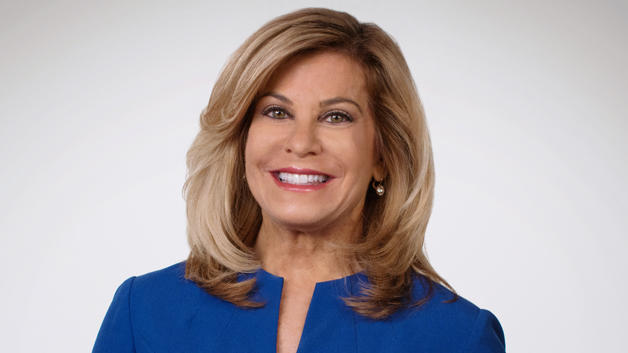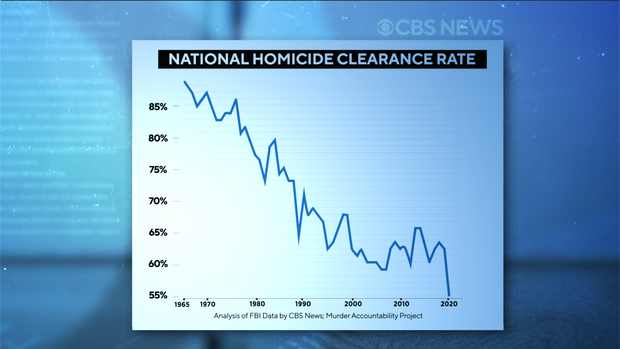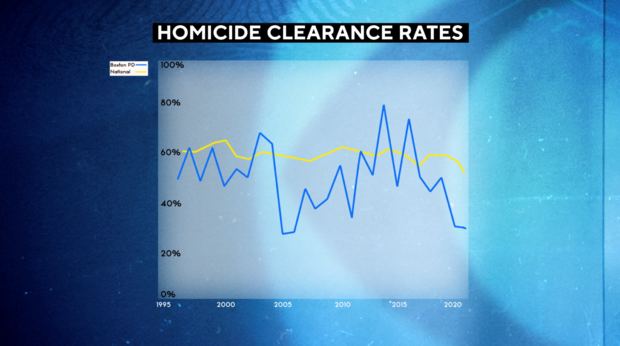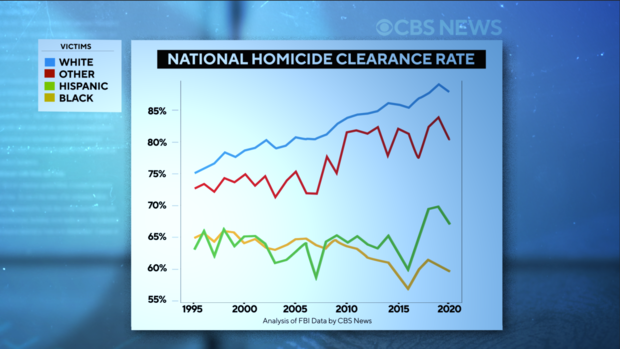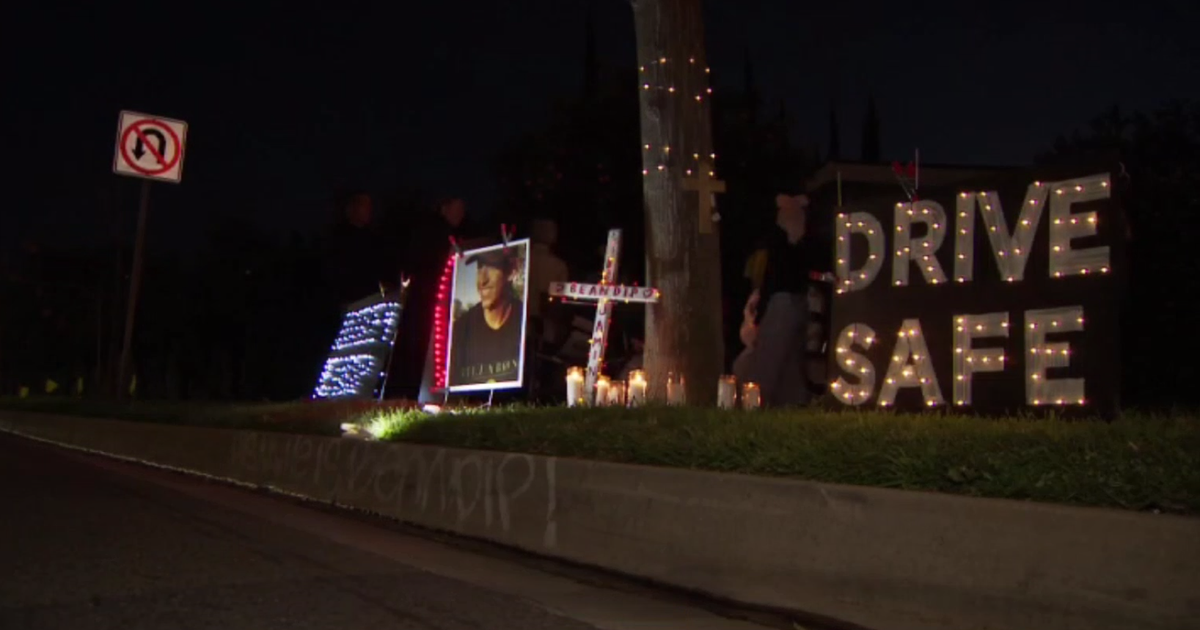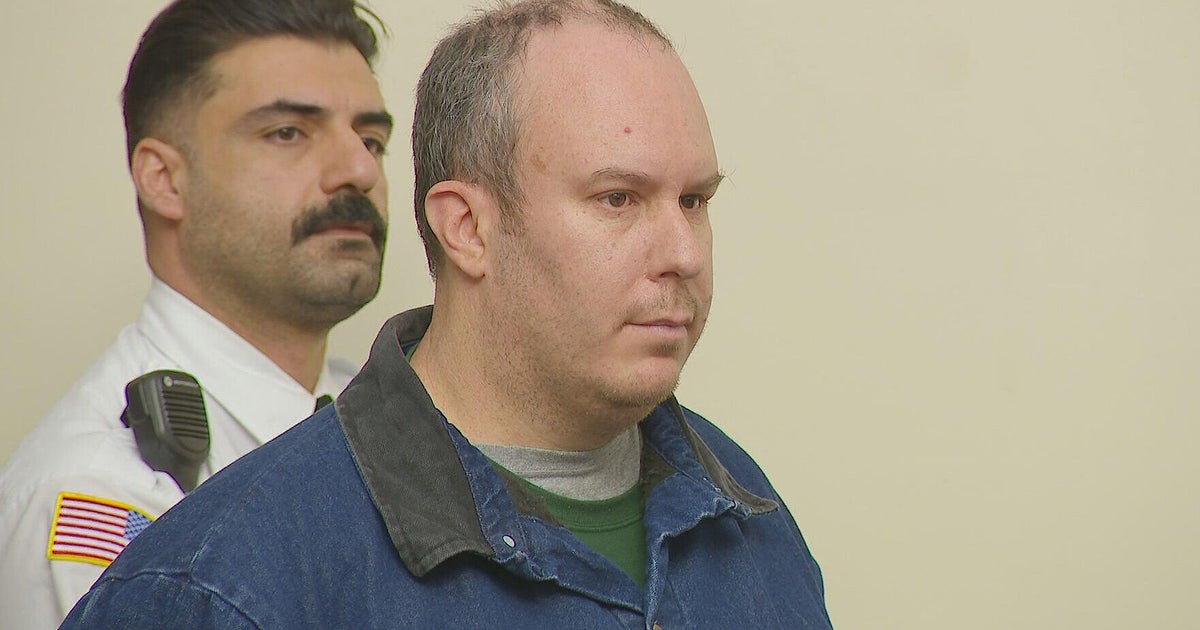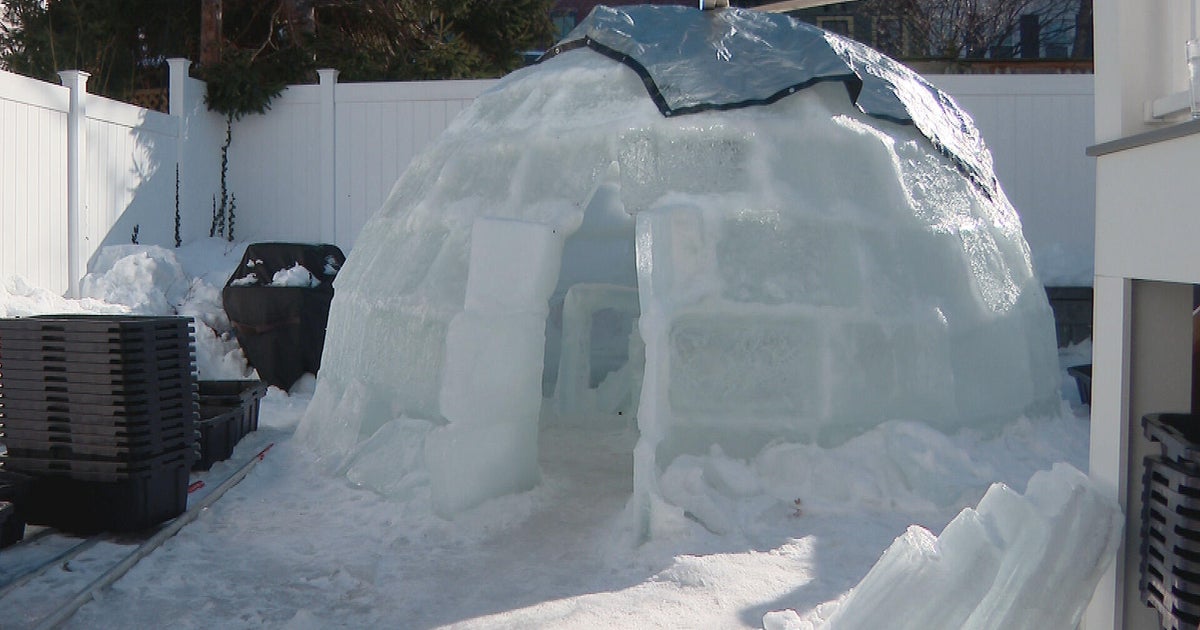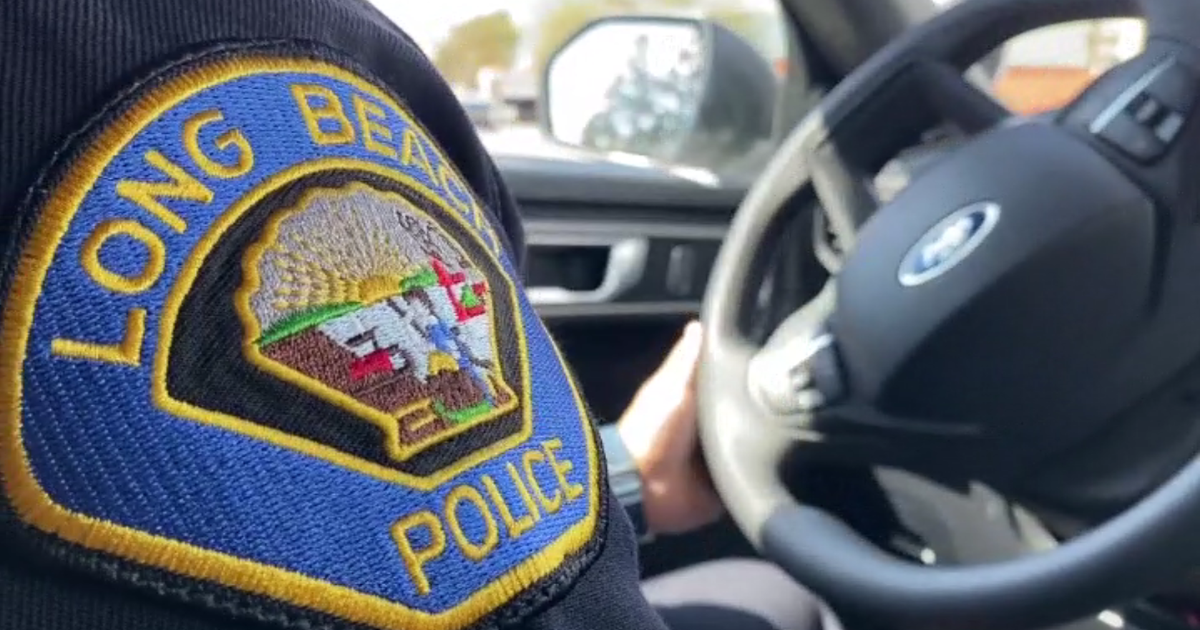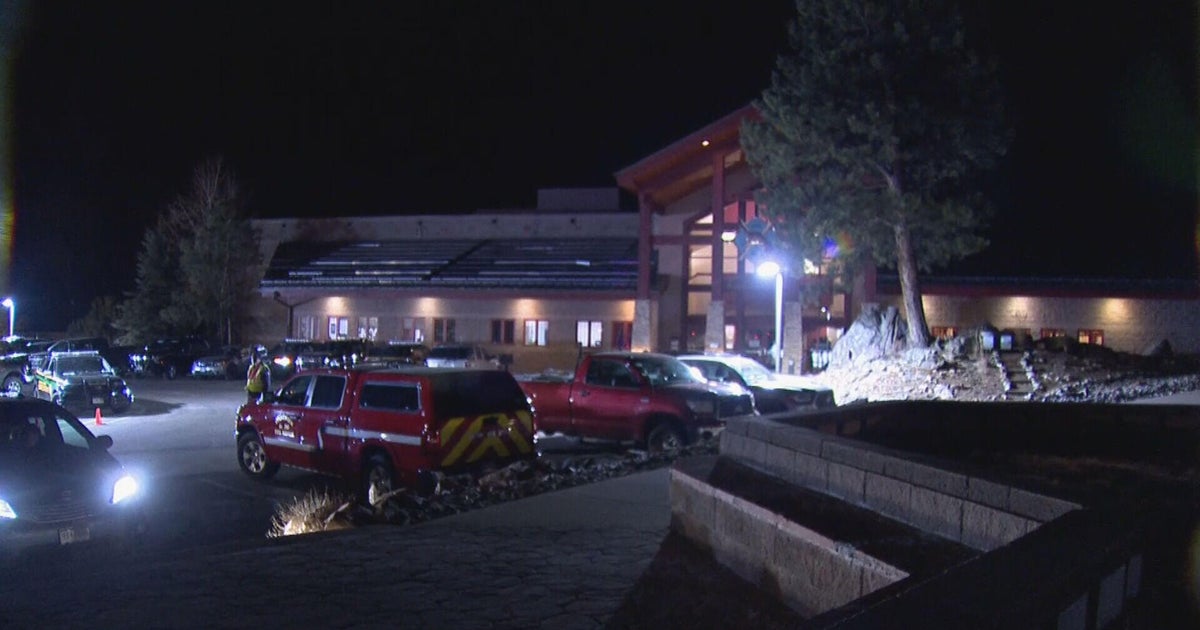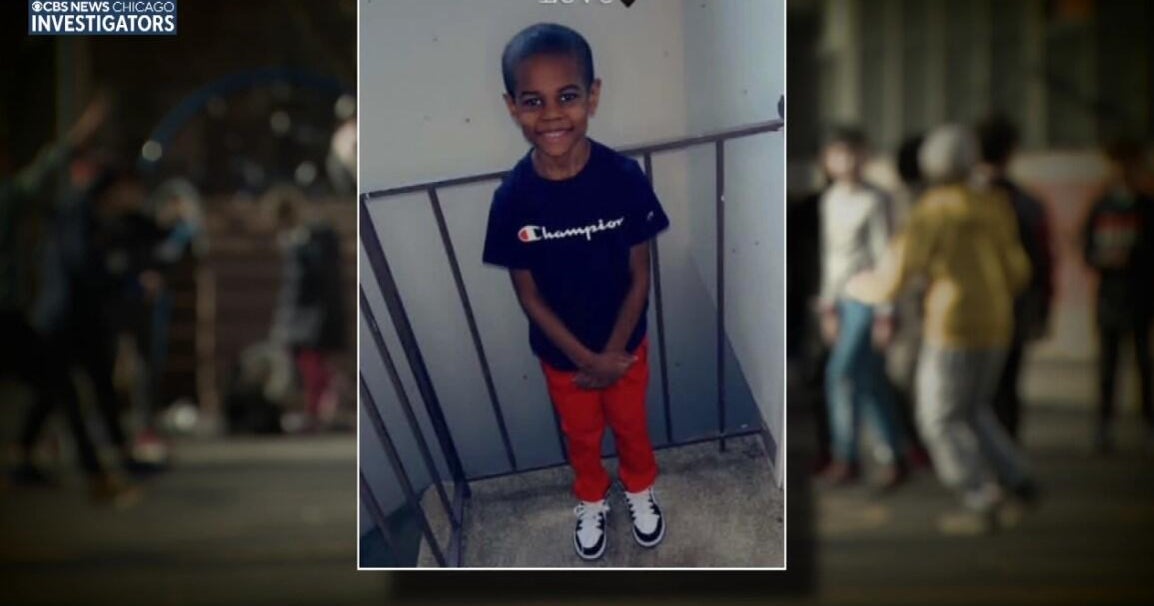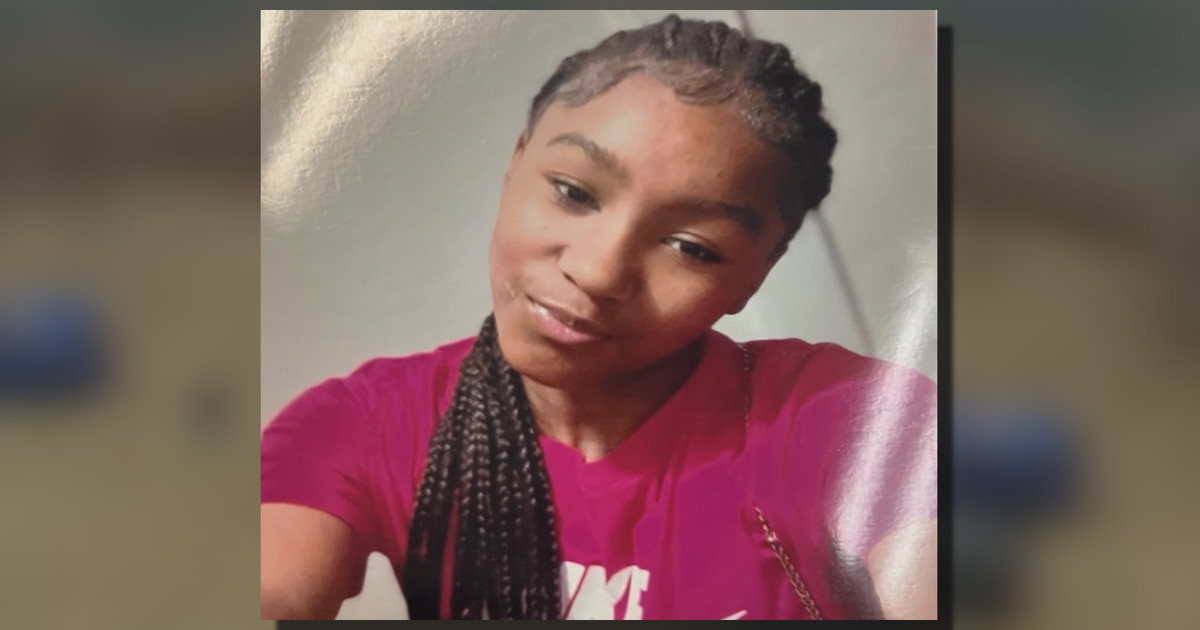I-Team: The problem behind Boston's unsolved murders
BOSTON - It's been nearly two years since Jamilla Carlor lost her 16-year-old son Dante to gun violence. Living without him, she says, never gets easier. "You wake up missing him, you go throughout your day missing him, you go to bed missing him. It doesn't stop," she said looking down at his gravestone.
Dante and his best friend K'Shaun Webster were sitting outside the family's Dorchester home in July of 2020 waiting for a ride to the beach when a gunman opened fire. Seventeen-year-old K'Shaun was shot twice, Dante was hit six times while trying to run away.
"We know nothing besides there are no suspects yet," Jamilla said with frustration in her voice. "No one wants to face the fact that two young kids were murdered in the middle of the day… and police have no leads. I don't feel like it is a priority for them."
Boston Police tell us there is frustration on their end as well. "We work these cases very hard," explained Lt. Detective Daniel Duff of the Boston Police Homicide Unit. "There is a reason people come to the homicide unit. They believe in doing the work. It weighs on them too when the cases go unsolved."
Unsolved murders are a growing concern nationwide. According to data published by the FBI, US homicide clearance rates (the term law enforcement uses for cases where an arrest is made) dipped to an historic low of about 50% in 2020.
Here in Boston, those FBI numbers show homicide arrests have been way down for the last five years, bottoming out at just 29%.
But data obtained by the I-Team directly from Boston Police paints a different picture. During that same period BPD says they solved 60% of cases. The only exception being 2020 when just 36% of cases were solved. That number shot way back up in 2021 to 78%.
"The numbers originate with us. We are confident they are correct," Lt. Duff told the I-Team. When asked about the source of the discrepancy Lt. Duff said, "We are not sure, and we are looking into that."
Boston has not seen the dramatic increase in homicides that have plagued other similar-sized cities in recent years. For example, in 2020, Boston had 58 murders, compare that to Baltimore where 299 people were killed, and Detroit where there were 328 homicides that year.
Chaplain Clementina Chery's son Louis Brown was just 15 years old when he was gunned down in Fields Corner in broad daylight five days before Christmas in 1993.
After he died, she started The Louis D. Brown Peace Institute, dedicating her life to helping the families of homicide victims. She has dozens of buttons in her home with pictures of all of those lost to violence. "I wanted people to see that the names are real, the faces are real, and the pain is real," she said.
Chery says her son's murder was solved, but when asked if police are doing enough to solve other cases, she said it's not an easy question to answer. "Within our community there is a sense of fear. We want to tell, but we are afraid of telling," she said describing the fear those in the community have of being labeled a 'snitch'.
Police say that fear is one of the biggest challenges they have when it comes to solving cases and FBI data appears to confirm that. Numbers show in Boston and other cities, police have lower clearance rates in cases involving victims of color.
"It all comes down to witness cooperation," Lt. Duff said describing technological advancements have helped in the three decades since Louis Brown was killed, but it's not always enough. "It really comes down to people willing to work with us and bring us information we need," he said.
"When Louis was killed the poster [said] "Who killed Louis Brown?" Chery said. "We didn't know, but the community did."
Jamilla Carlor believes someone out there knows who killed her son. "Hopefully someone will have a heart or a conscience and speak up because someone knows what happened."
Complete coverage of "Crime Without Punishment' from our CBS stations across the country and CBS News is available here.
